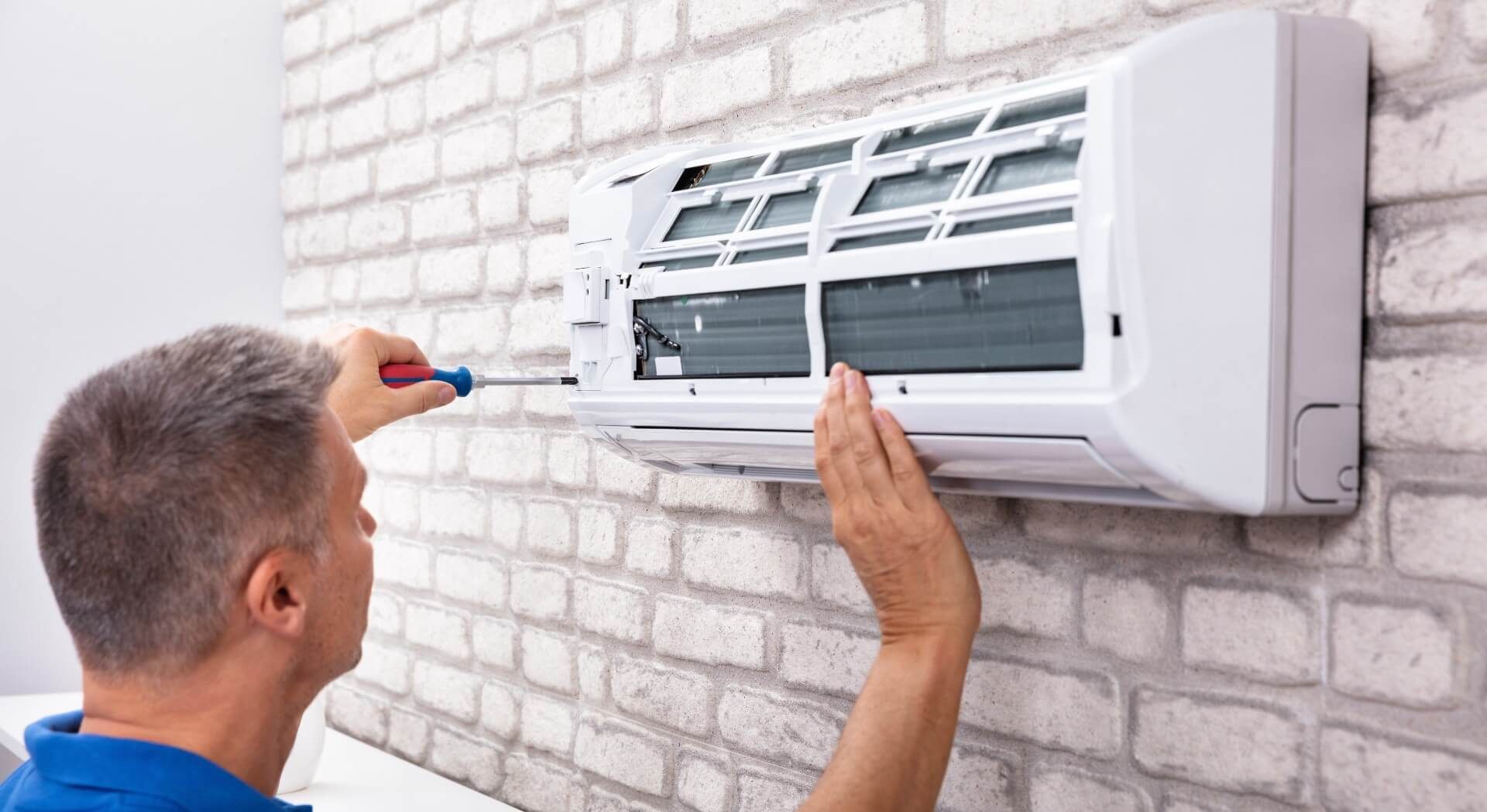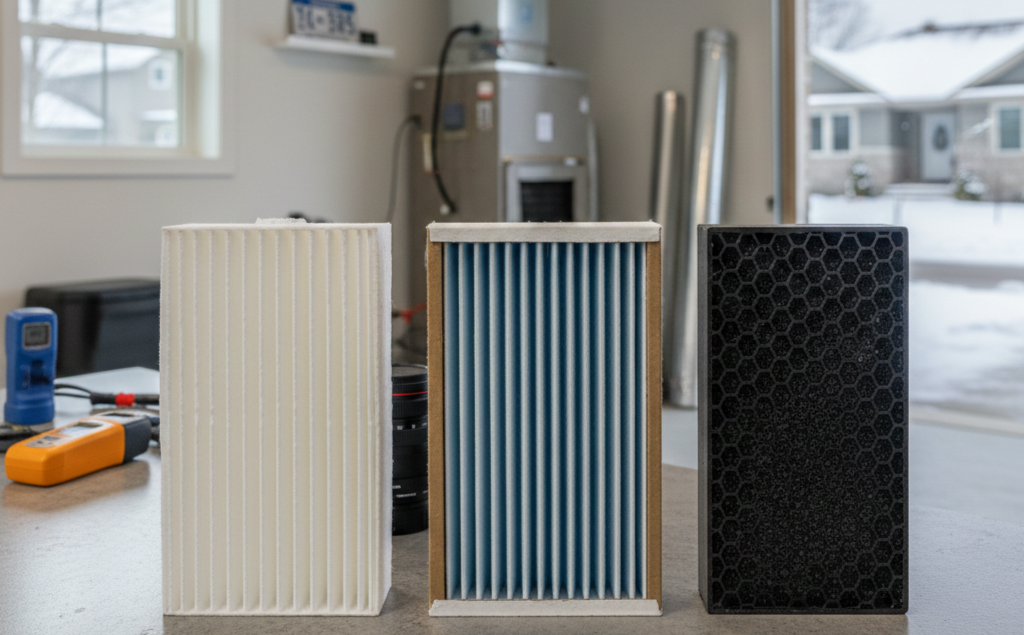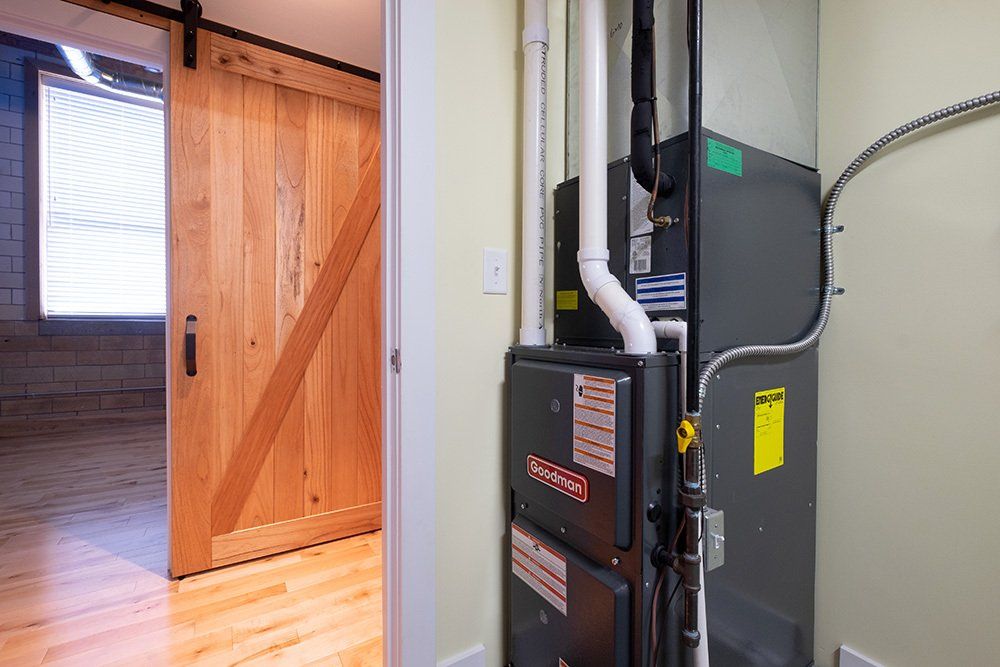5 Types Of Air Purifiers: Which One Should You Choose?
Choose the right one for you and your family.
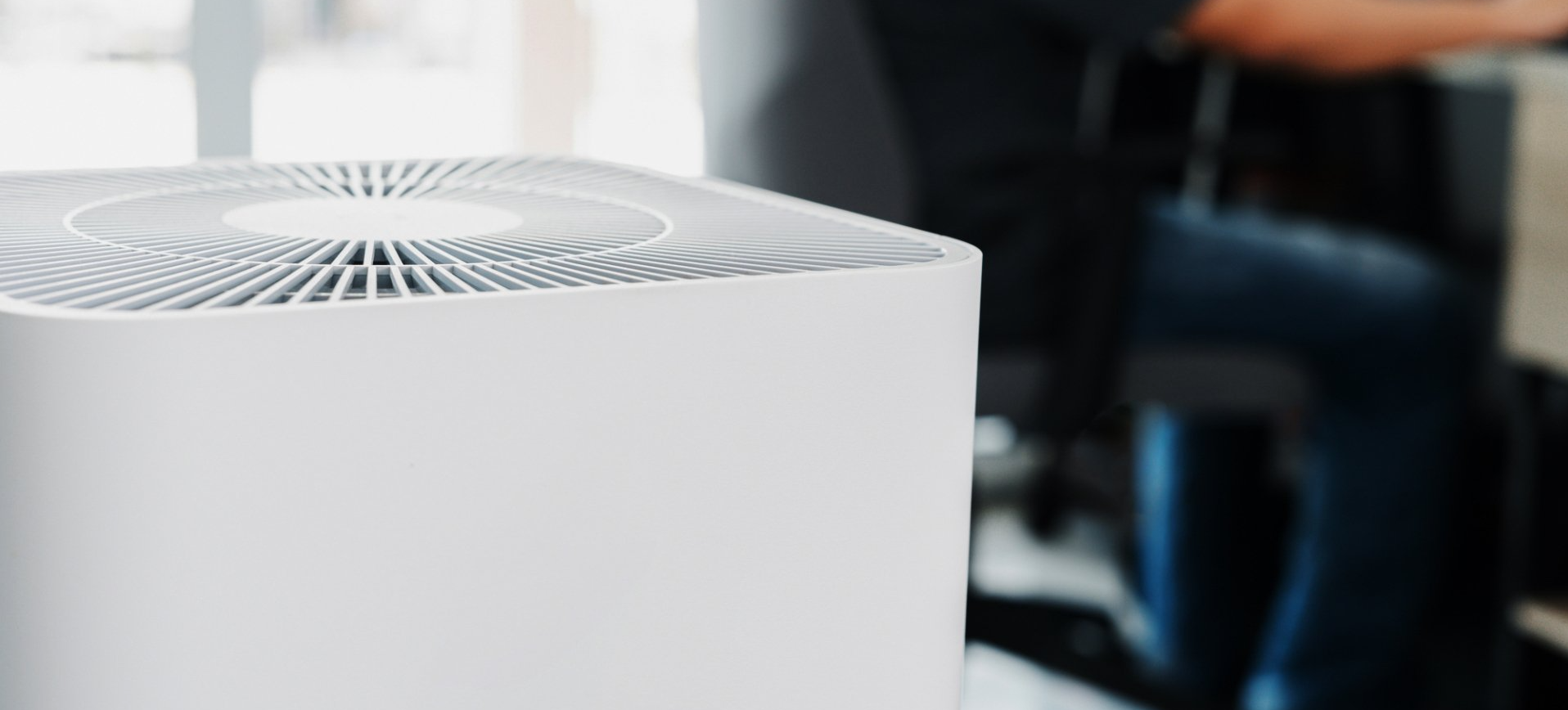
There are a lot of air purifiers on the market these days, but not all of them are created equally. Which one should you get? The answer to that question is dependent upon your needs and what you're looking for in an air purifier. So here's a list of five different types (and some pros and cons) so you can make an informed decision.
Air purifiers come in five different types. Which one is best for you?
HEPA: This type of air purifier is considered to be the gold standard and filters out 99.97% of pollutants, including airborne allergens like pollen or pet dander. It's great for people with allergies and/or asthma who are looking for relief from their symptoms.
Pros: HEPA filters remove contaminants that other filters don't, and also removes allergens from the air.
Cons: HEPA's can be expensive to purchase and maintain because of their high-quality materials. You'll need a filter change every six months as well.
Electrostatic precipitator: This type of purifier is great for those that suffer from respiratory issues, as its filters are designed to remove particles and allergens from the air before they have a chance of being inhaled.
Pros: Electrostatic precipitators can be found for a lower price than HEPA models; however you'll still need to change your filter every six months. They also don't disturb dust or irritate allergies.
Cons: Electrostatic precipitators are not good at removing gases like formaldehyde, ammonia, and benzene from the air. They also need a power source to plug them into as they don't work on battery life.
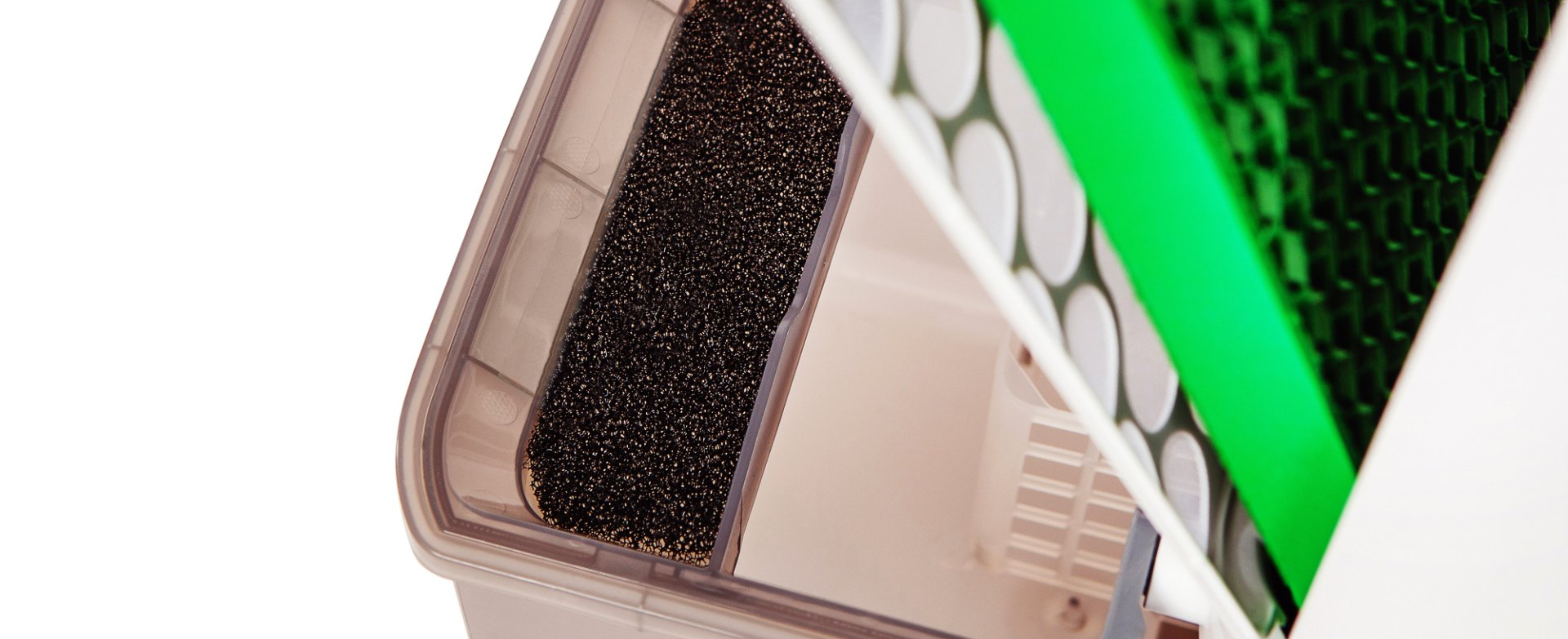
UV: This type of air purifier uses UV light to kill viruses and bacteria in the air.
Pros: Uses a simple filter that can be refreshed cheaply; no need for replacement filters or expensive materials. Plus, it doesn't disturb dust as other models do with their fans.
Cons: The downside is that they don't remove gases or particles from the air as HEPA models do.
Ionic: Ionic purifiers use a process called electrostatic attraction to remove dust and allergens from the air. This means that it can also get rid of things like pet dander, so those with allergies or asthma will be happy.
Pros: Ionic purifiers are also cheaper than HEPA models, and you can refresh the filter cheaply as well. It doesn't disturb dust as other models do with their fans.
Cons: You will need a power source to plug it into; ionic air purifiers don't operate on battery life.
UV/Ionic: This type combines the benefits of UV and ionic purifiers, making them a great choice for those that are looking to get rid of allergens AND irritants. You'll also need to use an ozone generator with these models as well (a cost not associated with either one individually).
Pros: Both UV and ionic purifiers can eliminate allergens, irritants (from pets or smoking) as well as gases like formaldehyde.
Cons: These models are the most expensive of all five types on this list. You will need to plug them in and buy an expensive ozone generator. The filters will also need to be replaced more often than a UV or ionic purifier.
Bottom Line: The best type of air purifier for your needs will depend on what you're looking to remove from the air as well as how much money you're willing to spend on purchase and maintenance fees. HEPA's might be a good choice if it's allergies or asthma that are bothering you, while an ionic purifier may be better for those who suffer from pet allergies.

